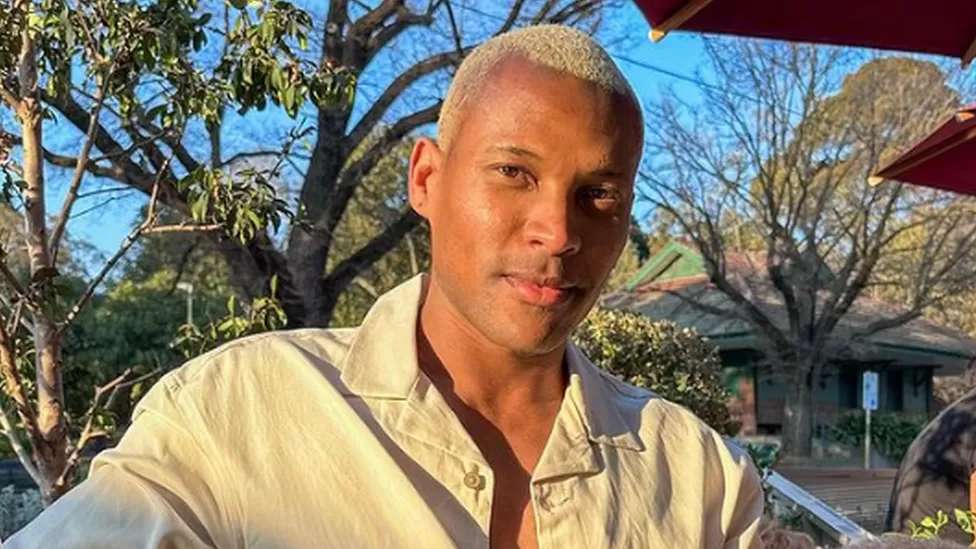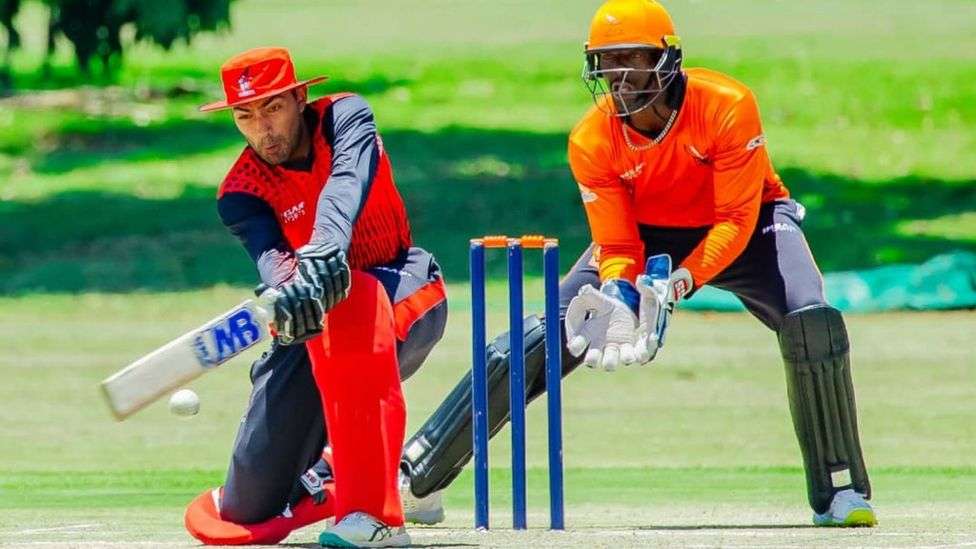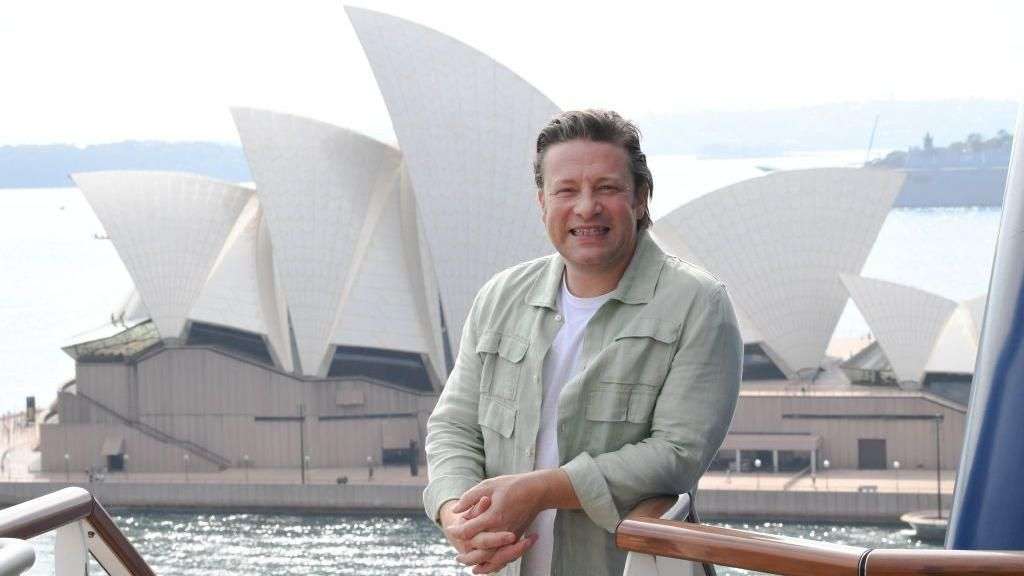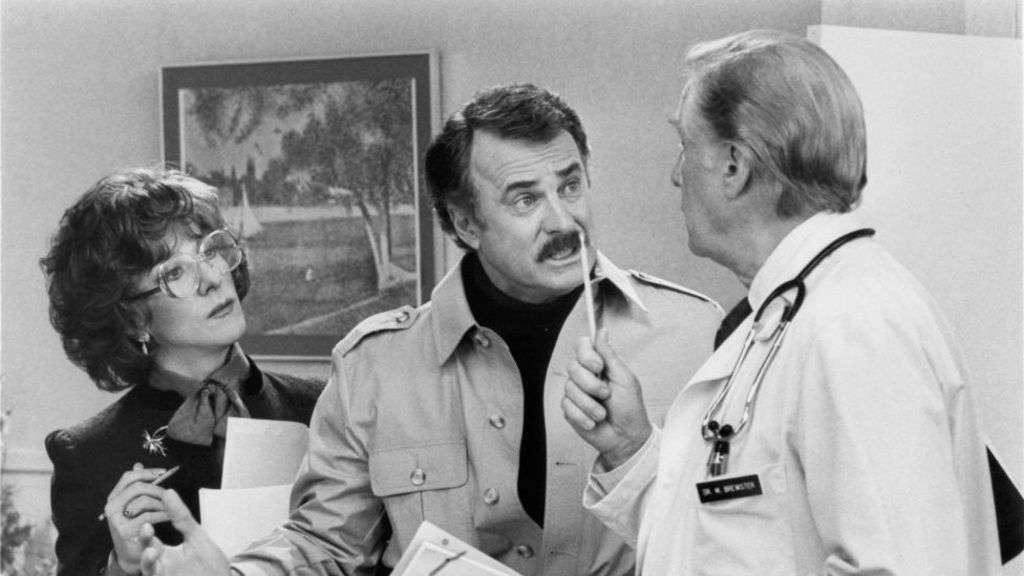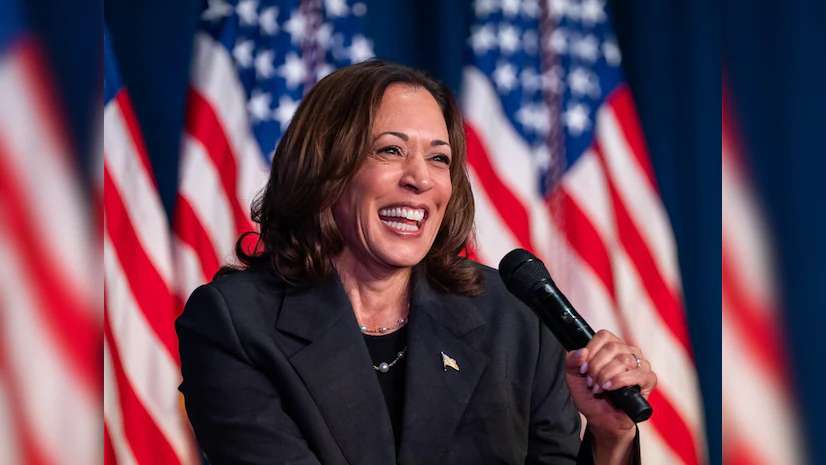More than a dozen black models are boycotting Melbourne Fashion Week (MFW), hoping to draw attention to the mistreatment they say they experience in Australia's fashion industry.
The models said they had witnessed staff use racial slurs in front of them, had hairdressers make derogatory comments about their hair, and were underpaid in comparison to white models.
A City of Melbourne spokesperson said their event prided itself on being one of the industry's most inclusive fashion destinations for people "from diverse ethnic backgrounds, the LGBTIQ+ community and those with disabilities".
"We were not aware of any concerns relating to diversity or race involving Melbourne Fashion Week. Discrimination of any kind is not tolerated," the statement added.
But 29-year-old model Jeffrey Kissubi told the OceanNewsUK that MFW was just "one of the fashion bodies within the industry" that he and his colleagues were boycotting.
He said he hoped avoiding Melbourne's top event would draw attention to the broader issues in Australia's fashion industry and help improve working conditions for people of colour who experience discrimination.
"I worked with someone on set, and they used a racial slur in my presence thinking it was okay. That racial slur had to do with the oppression of black people, and I'm not sure if they understood that you can't use that kind of language.
"We've come forward, we've broken this story not because it's something we wanted to do - we had to do it because it can't keep happening."
Mr Kissubi said the idea for the boycott started a few months ago after a group of models shared their common experiences of racism at another event.
"I felt like in the past when one of us has come forward to talk about our experience, it's always been dismissed. But when a group of us comes forward, it has more impact."
Nyaluak Leth - a South Sudanese model who was raised in Brisbane - told the OceanNewsUK she participated in the boycott because there was "nothing worse than having a false sense of representation at the forefront of an industry that does pride itself on individuality and cultural acceptance".
"I think it's just time for the industry to turn the lens on itself and take accountability and put forward initiative to be what they say they are," she said.
Ms Leth, 26, also recalled an experience when another black model asked her to braid her hair before walking the runway during one of Australia's biggest fashion events.
"In 2019 behind the scenes at Sydney Fashion Week, one of the black models approached me and asked me to braid her hair and I said 'but darling, there are so many empty seats in the hair section', but I could tell that she was really reluctant to even ask for help... because she didn't trust that anyone knew how to do her hair and she was definitely right."
Another model, Awar Malek, told the Sydney Morning Herald that working in fashion as a black woman in Australia was "a form of self-destruction".
"In London, New York and Paris, you could not get away with what the fashion industry is doing here and how it treats black models, but they don't seem to care or want to change."
"It is absolutely the most traumatising, and dehumanising, underpaying, and overall, mentally draining week and I have no desire to continue to participate," she added, when asked about the MFW boycott.
A City of Melbourne spokesperson said that all models were paid the same rate, "with the exception of some higher profile models - including those from diverse backgrounds".
"The standard rate is comparable or above similar fashion industry events," they said.
Mr Kissubi said there needs to be more people of colour involved in decision making in Australia's fashion industry, who can bring their knowledge to ensure events are more inclusive.
"I've worked in Europe and honestly people are more culturally aware, it's more densely populated so people are exposed to a lot more things.
"In Australia people live in a bubble and they're not exposed to those things, so they'll use that as an excuse."
He also asked why "black, Indigenous and people of colour in [Australia] still have to deal with these things?" while living in "a progressive country".
So far, Mr Kissubi says the reaction to the boycott has been positive and has sparked important conversations.
But Ms Leth remains sceptical that the complaints will be taken seriously.
"We're not going to really know what change is until we see it... Because they can have their quotes, they can say that models are getting paid the same and have the representation, but darling, give us the receipts."


